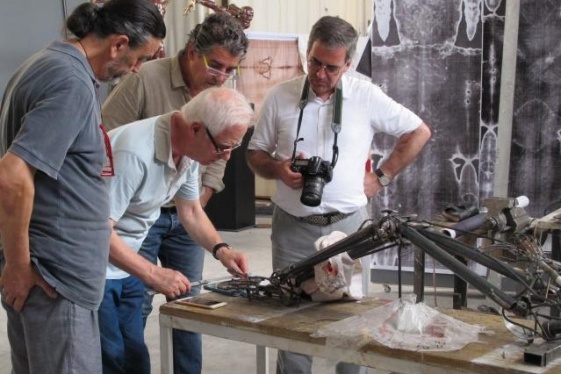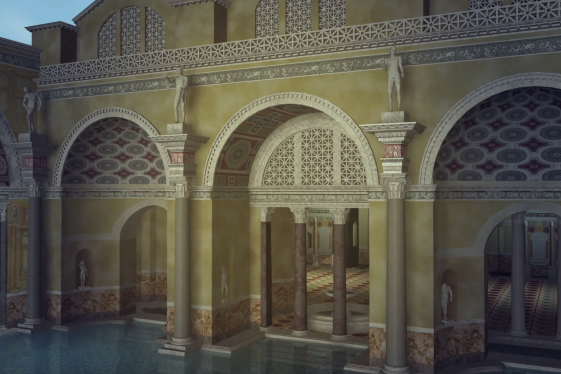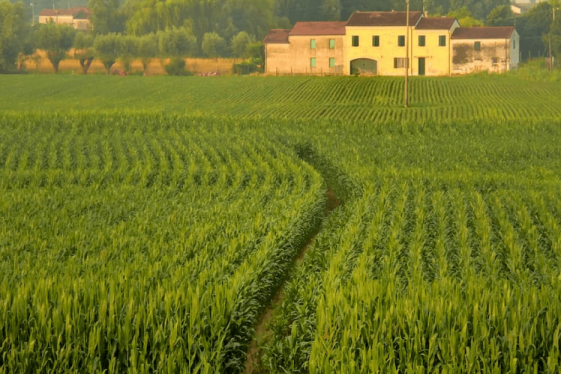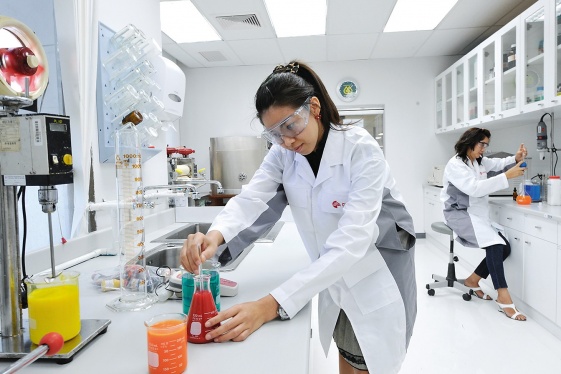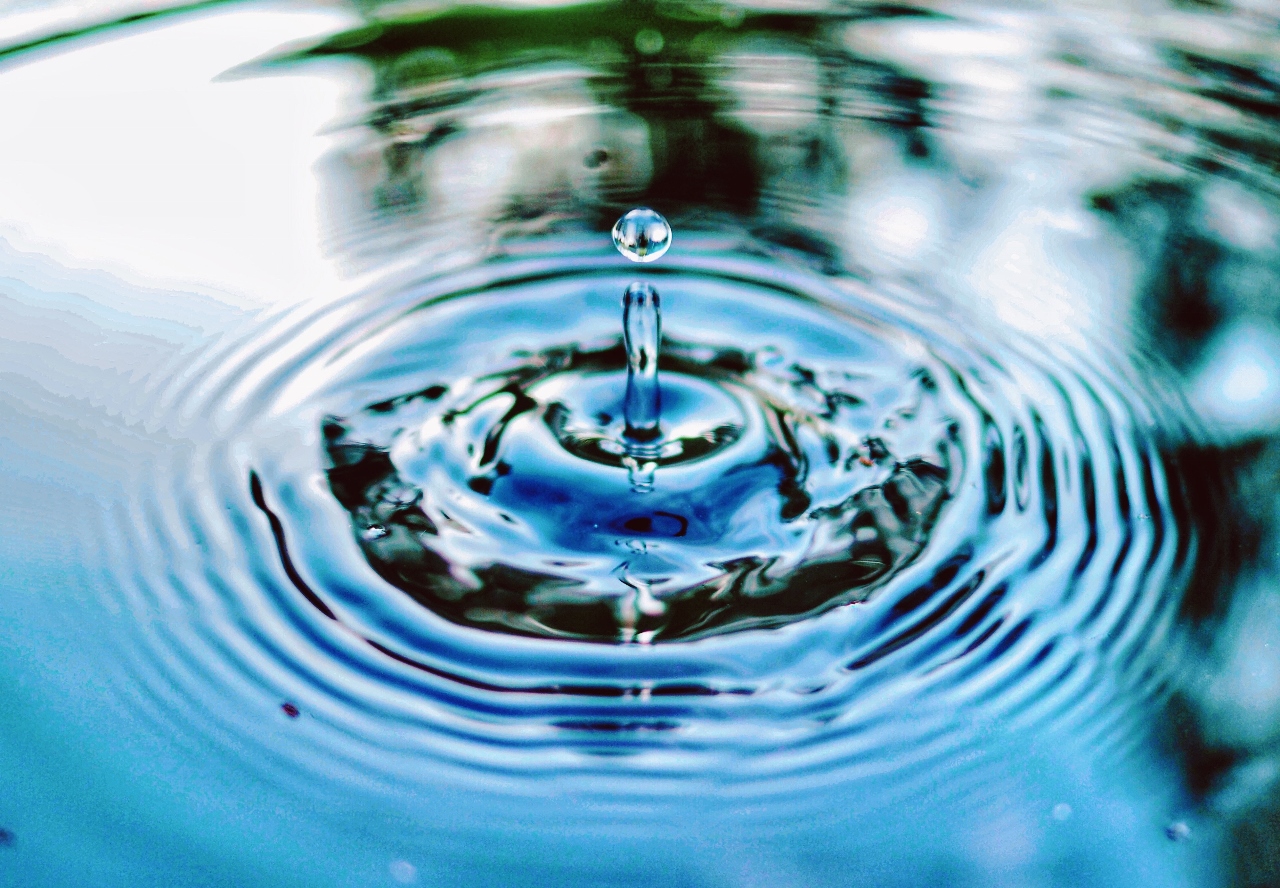

Scientific research shows that, over the past decades, numerous hydrologic regiments have changed not only in the EU, but in the US as well, and worldwide. On the subject matter, the Food and Agriculture Organization, specialized agency of the UN, who acts as a speaker for humane issues related to food and water shortages, has openly and repeatedly described the Water Crisis, saying that such problem will affect more than 2 billion people worldwide by 2025.
As per its name Water Crisis, the phenomenon can be considered critical, and measures must be taken to fight this crisis and take all necessary precautions to address in eco-friendly manners such delicate and international issue.
Worldwide there are great minds, researchers, developers, engineers, working on the most up and coming solutions to this very real issue and some of these very minds are working on a solution to the problem right in the “Bel Paese”.
It is vital, though, to have information on the subject matter before introducing one of the “all Italian” solution to such issue.
To introduce the subject, as of recent years, speaking of the Alpine Italian region, what is known as the hydrologic regime of the diverse Alpine rivers has significantly modified or adapted itself, due to the apt character changes of the hydro-climatic conditions. Studies show that, for example, from the year 1962 to 2004 it has been recorded a non-changing pattern in shift from late snowmelt flow to a quicker and early set on pattern. In the “Peninsula”, nearly the total amount of the registered Italian urban population has access to water, and nearly the totality of the rural population as well, but what if that were to change?
Some may not be aware, but a part of Italy is experiencing water shortage issues. For example, in the gorgeous South of Italy, it has become drastically more challenging to accommodate the high demand of water, for a variety of reasons. One of those reasons is the stable increase in the volumes of water requested by the civil sector. However, a potential solution to such problem has been found, and that is the mere use of wastewater re-use systems, which would speak for a very real answer to the ever present water demand of the rural population and along with all the civil needs and necessities any population has. In addition, in regions such as Sardinia, the beautiful island of Sicily and in Basilicata as well, it has been noticed an increase in water demand plus a decreased quantity of seasonal rain: this is causing problems - seeing as with less waterfall, droughts could occur and so could landfall and other potentially harmful situations.
Moreover, the problem is real when speaking of the demand that is ever necessary for potable, clean water, worldwide and in Italy – more specifically.
Besides, if one thinks of the great Peninsula, it is geographically located in the center of a beautiful water basin, which is 3,800 km long and 400 to 740 km wide, and even though it may take many years for such water basin to renew, nations do have rights to this accessible water basin. They could make use of it, utilizing best practice procedures that are eco-conscious and in accordance to all EU regulations, in a way that could potentially support further water demands, especially and specifically in the case of fresh/clean water demands.
The mere presence of such salt water basin could be the solution to the clean water issue, and to a team of researchers from the Polytechnic of Turin, such basin provided a source of inspiration for the development of a very special device, apt to purify sea water with the very special assistance of mangroves.
The mangrove is a tree, or better a shrub, that grows in the inner part of coastline zones, or the area that is both coastal and terrestrial, in its environmental nature. These trees or shrubs are very adapted to saline environments and have served five Italian engineers as muses, as well as quite real necessary input, in the creation of a very sophisticated device which is able to transform 20 liters per day, for every square meter, in clean water.
Mangroves have a special membrane that is capable of separating salt water and fresh water, and so the device is able to prevent the two very diverse substances to mix. So, the Italian scientists have developed an eco–friendly way to desalinate water: this device could even be used in floating gardens – one of the latest trends today – but more important can be used in countries where there is a limited amount of water available to the general population. The device collects water, using simple porous material; then, powered by the sun, uses the energy to heat up the water and makes it evaporate. This way salt remain as removable sediment in the device, while the water remains free of it. Such amazing device is based merely on the use of very natural assets, and the Turinese research team was first in its class to use evaporation as the core strategy for taking away salt from sea water in the tech innovation processes.
Stay tuned for more Eco Innovation!
You may be interested
-
'Pop' and 'Rock' trains to bring free Wi-fi t...
The Italian rail infrastructure administrator Ferrovie dello Stato Italiane has unveiled i...
-
'The Precise Image of What Jesus Looked Like'...
One of the most-well known relics in archeological history is leading researchers to belie...
-
'Time travel' at Caracalla with 3D marbles,st...
Thanks to a new 3D visor, visitors to Caracalla's Baths in Rome have been restored to thei...
-
‘A crucial turning point’ — Italian researche...
Italian agriculture could be close to a turning point, thanks to genetic engineering. This...
-
‘Ritratti di Donne 2 – Science’ for the Itali...
In 2021 italiana.esteri.it launched an ambitious project: Ritratti di donne, a gallery of...
-
‘We don’t need another Michelangelo’: in Ital...
For centuries, the massive marble quarries above the Tuscan city of Carrara have provided...
-
"Caffè scientifico" : Research and Society -...
When: Friday, April 26, 2019 from 7:00 PM to 9:00 PM Where: Italian Cultural Institute | 5...
-
"E4Shield," the Italian device that stops Cov...
An innovative tool capable of ferreting out the circulation in the air not only of the ori...




